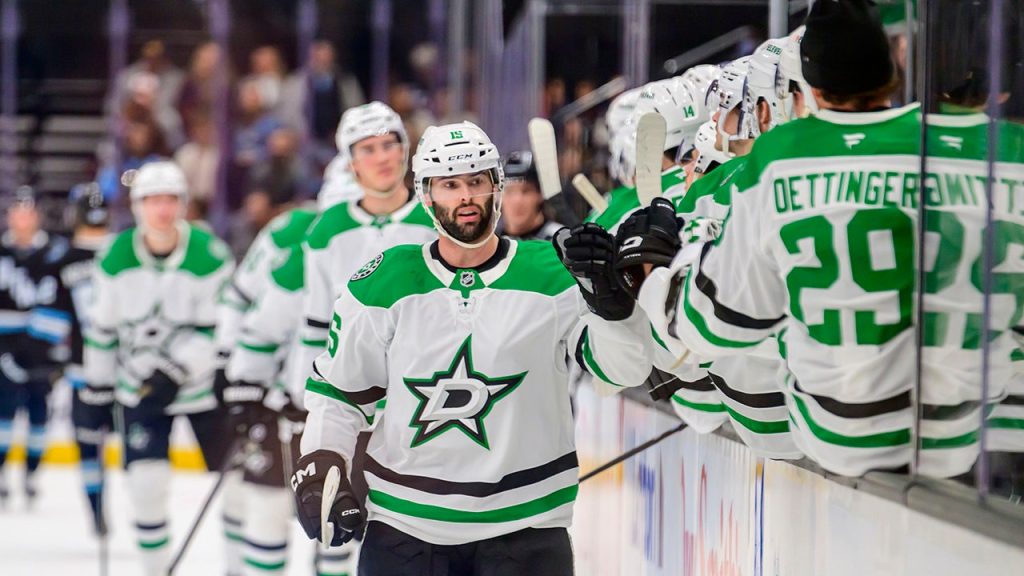The Dallas Stars organization found itself embroiled in controversy after violating the Collective Bargaining Agreement (CBA) between the National Hockey League (NHL) and the National Hockey League Players’ Association (NHLPA) by conducting an optional practice during a mandatory Christmas break. The league responded swiftly, imposing a substantial $100,000 fine on the Stars for holding the practice session on Thursday, December 26th, a day explicitly designated as part of the mandatory three-day break commencing on December 24th. The NHL’s announcement cited Article 16.5(b) of the CBA, which unequivocally prohibits teams from requesting player consent for practices on Christmas Eve, Christmas Day, and December 26th, barring games scheduled on the latter date. The Stars’ transgression stemmed from a practice held the day after Christmas, following a victory over the Utah Hockey Club on December 23rd, with their subsequent game scheduled against the Minnesota Wild on December 27th. This violation sparked significant debate regarding player rest, adherence to league regulations, and the responsibilities of coaching staff.
The incident unfolded with initial ambiguity surrounding the nature of the practice session. Head Coach Pete DeBoer initially characterized the activity as an “optional” practice, noting the attendance of several young players, including Mavrik Bourque, Logan Stankoven, Wyatt Johnston, Lian Bichsel, Nils Lundkvist, and Thomas Harley. However, DeBoer’s subsequent description of the event as “voluntary ice” rather than a scheduled optional practice raised questions about the team’s adherence to the CBA’s stipulations. The distinction between “optional” and “voluntary” became a point of contention, as the CBA explicitly prohibits teams from soliciting player consent for practice during the mandated break, regardless of framing. This semantic shift fueled speculation regarding the intent and implications of the practice session.
The NHL’s decision to impose a significant financial penalty underscores the league’s commitment to upholding the CBA and ensuring player well-being. The $100,000 fine, a substantial amount even for a professional sports organization, serves as a deterrent against future violations and reinforces the importance of adhering to collectively bargained agreements. The NHL directed the fine proceeds to the NHL Foundation, a charitable organization supporting a range of community initiatives. This allocation further emphasizes the league’s commitment to social responsibility and its dedication to using financial penalties for constructive purposes.
The Dallas Stars’ violation of the CBA highlights the ongoing tension between player rest and team preparation. While teams strive to maintain competitive readiness, especially during a compressed schedule, the CBA’s mandated breaks are designed to protect players from excessive workload and ensure adequate recovery time. This incident underscores the delicate balance between optimizing player performance and respecting their physical and mental well-being. The league’s firm stance in this matter emphasizes the prioritization of player health and the importance of adhering to collectively agreed-upon standards.
The controversy surrounding the Dallas Stars’ practice session also raises questions about the role of coaching staff in managing player participation and adherence to league regulations. While DeBoer’s initial characterization of the practice as “optional” suggests an element of player choice, the subsequent description as “voluntary ice” raises questions about the level of direction provided to players. The CBA’s explicit prohibition on requesting player consent for practice during the mandated break places the onus on coaching staff to ensure compliance and avoid even the appearance of pressuring players to participate in unauthorized activities.
The incident has prompted broader discussions about the effectiveness of the CBA’s provisions regarding player rest and the need for clear communication between teams, players, and the league. While the CBA aims to protect player well-being, instances like this highlight the potential for misinterpretation or circumvention of its provisions. The NHL’s response, in imposing a substantial fine and directing the proceeds to a charitable foundation, sends a clear message about the league’s commitment to enforcing the CBA and ensuring player welfare. This incident underscores the importance of ongoing dialogue and clarification to ensure that the CBA’s provisions are effectively implemented and that players’ rights are protected.

